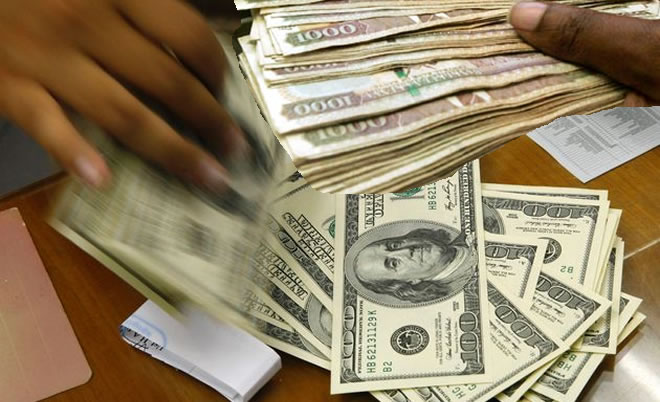
Wednesday, June 24, 2015

Increased month-end demand for US dollars from energy and manufacturing sectors continued to put the Kenya shilling under renewed pressure, with analysts predicting it could the Sh99 mark in the coming days.
At 1.30pm on Tuesday 23, commercial bank forex dealers quoted the shilling weaker, at 98.70/98.80, to the US dollar compared to Monday’s close of trading of 98.50/98.60.
The Central Bank has been selling dollars worth billions of shillings in the market in a massive transfer of wealth from tax payers to speculators, but the currency has failed to respond, reflecting the country's weak external position.
The situation is worsened with the pressure arising from the country’s widening account deficit and lower forex inflows from the tourism sector, which has been battered by the insecurity in the country.
“There are also global factors now such as the Greece debt issue that may affect emerging markets if the debt-ridden country decides to pull out of the Eurozone. This action may lead to a rally in the US dollar in the international market, putting the shilling under more pressure,” the trader at the commercial bank further said.
The Economist Intelligence Unit of the Economist magazine January this year said the unit will trade at more that 100 units to the dollar.
RAISE CBR
The current weakness comes on the back of the Central Bank of Kenya's (CBK) decision to raise the Central Bank rate (CBR) by 1.5 percentage point to 10 per cent on June 9, to support the local currency from weakening further against the greenback.
On Tuesday, the CBK is said to have come in the money market ready to mop up Sh10 billion in surplus. Mopping up extra liquidity in the money markets makes it more costly to hold dollars and this consequently supports the shilling from weakening further.
“We expect further weakening in the shilling, driven by end-month demand by importers, (but) this will be cushioned by (the) Central Bank’s activity in the market and a weaker dollar given expectations of a more prolonged rate increase time frame by the Fed,” say analysts at Cytonn Investments.
The analysts further say the shilling’s depreciation is worrying and the government should take steps to ensure its stability.
“With Kenya currently importing (a) majority of capital equipment, the shilling (will) only stabilise and stop depreciation in the long-term once we transform to a manufacturing economy and import less machinery and capital equipment,” Cytonn analysts noted.